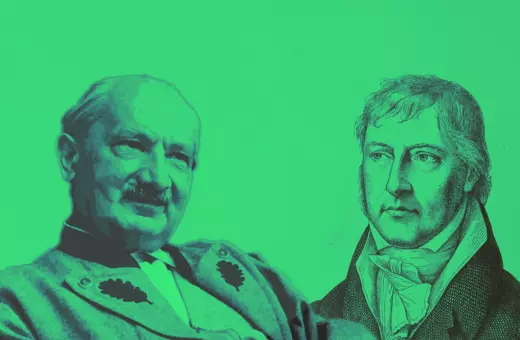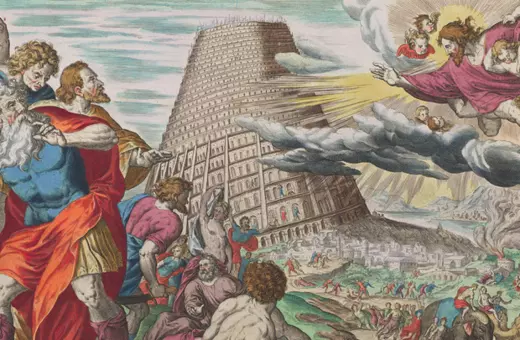With the passing of Daniel Dennett, Keith Frankish reflects on his life and the power of his thought. Daniel Dennett was one of the greatest philosophers of our age, his clarity of thinking brought new light to the philosophy of evolution, consciousness, free will and metaphysics. The IAI will be releasing several reflections on Daniel Dennett, his loss will be felt at HowTheLightGetsIn Hay, where we will be honouring his memory and debating the philosophy of evolutionary psychology.
The American philosopher Wilfrid Sellars said that the aim of philosophy is ‘to understand how things in the broadest possible sense of the term hang together in the broadest possible sense of the term’. No contemporary philosopher pursued that aim more energetically and successfully than Daniel Dennett.
___
Dan didn’t ask us to deny their reality, only to give up naïve essentialist views of them
___
Dan didn’t see philosophy as a specialism remote from everyday life or distinct from the work of scientists. He saw it as an attempt to see how science and everyday reality fit together — how a world of subatomic particles obeying strict physical laws could at the same time be a world of free, conscious agents, with thoughts, hopes and dreams. Some said he was an eliminativist, who denied the reality of belief, consciousness, and free will, but he wasn’t. He would say that of course thoughts, experiences and choices are real — as real as threats and opportunities and dances and jokes and cuteness and love and all the other things that populate our everyday ontology — our manifest image. They are real patterns in the blooming buzzing confusion of the world, which we have learned to identify and value. Dan didn’t ask us to deny their reality, only to give up naïve essentialist views of them and replace them with better, more flexible ones, which permit a deeper engagement with the world and its value. He took broken concepts and mended them.
Dan had the mind of an engineer. He wanted to understand how things work, and he had no sympathy for those who prefer embracing mysteries to solving puzzles. That was just lazy, Dan felt. And Dan was never lazy. He was also keenly aware of how much we don’t yet know and how important it is to identify the right paths for future exploration. Too much of modern philosophy, he felt, was occupied with working out the fine details of theories that were fundamentally flawed. It was ingenious but pointless, he thought, like studying the theory of a chess variant no one plays. He preferred to develop flexible frameworks which could be refined in the light of future scientific discoveries. He called it ‘meanwhileism’. He didn’t have all the answers, but he had a sure sense of where to look for them, and his instincts were proven right time and time again.
Dan was many other things as well as a philosopher: a devoted husband and father, a farmer, a sailor, a sculptor, a cider-maker, and an inveterate tinkerer. He could turn his hand to pretty much anything. He approached philosophical problems in the same practical spirit, devising thinking tools that would help us crack difficult problems.
___
He saw the world as full of magic — real magic, he would say, the sort that is not really magic but a natural effect so finely crafted as to be wondrous to us.
___





















Join the conversation